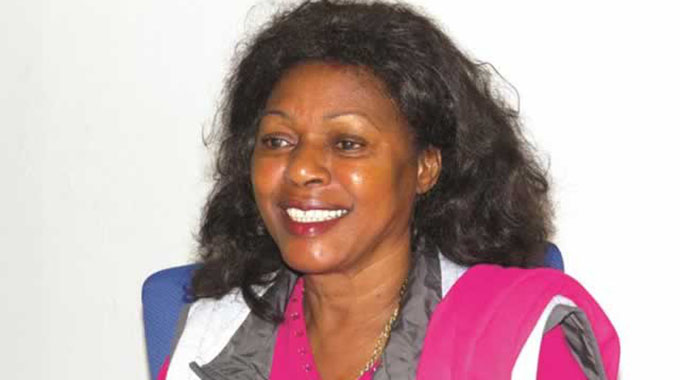Is silence really golden?
Ruth Butaumocho Gender Forum
“He who does not understand your silence will probably not understand your words,” Elbert Hubbard once said. While going through my notes on Critical Theory, I came across this quote from the American writer and philosopher. Although the same quote may be interpreted differently, I made my own interpretation and concluded that if a person cannot understand your silence, he or she will probably have difficulties in understanding your words when you speak. If anything, silence is much a part of communication as the rest, hence the adage “silence speaks louder than words”.
As I pondered over the multiplicity of meanings the same quote was likely to have, I was sadly reminded of how women in our midst have remained silent or allowed the economic discourse to take a masculine tone, while they cower in comfort zones or sink further into poverty.
I may be forgiven for failing to read the actual mood on the ground, but it is undoubtedly clear that economic issues have indeed taken a masculine approach as attested by the number of men engaged in economic discussions, decisions and other issues, with little or no voices coming from the sisters.
Big business deals are being brokered, several memoranda of understandings are being signed and new business opportunities are emerging on the horizon, giving the majority of men an opportunity to further tighten their grip on the big business opportunities, without losing sight of other prospective deals.
When the media broke the Marange Community Trust story, there was so much hullabaloo coming from different sections of the society, with threats, insinuations on how the deal should have been flying from all angles. We had officialdom commenting on the issue, economic analysts adding their own voices and the grieving community representatives spitting venom on what should have been.
In this entire melee, there was no single voice from women. Were there no women in the Marange community, or they chose to be bystanders on an issue that affected their well-being? Surely, other women should have spoken on their behalf on realising that the womenfolk in Marange could not air their grievances?
Or did the media ignore their plight?
As I put my thoughts on paper, tender papers are overflowing in the State Procurement Board in-trays waiting for perusal and consideration, but only a tiny percentage of those are coming from women.
Is the system so flawed, heavily in favour of men that it has become difficult for women to penetrate?
Whether it is a question of the stakes being too high on the negotiating table, or opportunities trickling down on women’s laps, rather than coming in abundance as what it should be, but the bottom line is women will now need to concede that nothing much will happen in their lane, unless they join the boy’s club and team up with men to get their share.
History has over the years shown that there is honour in teaming up or joining the winning team, never mind the modus operandi they may be using, so long as you are inspired by the same ideological values.
Women who aspire to grow their businesses and other big opportunities will benefit a lot from associating and joining the men’s league, so that the womenfolk can achieve the same, if not more.
For a long time, men have been known as producers and distributors of wealth, while women receive it in their hands, so naturally the economic status of the human race in any nation, at any time, is governed by the activities of men, while women obtain their shares accordingly.
By joining the winning team, a lot will be achieved that will work to the advantage of women, who have a record of working hard even in the most difficult situations for transformational change.
Women’s economic empowerment – that is their capacity to bring about economic change for themselves – is increasingly viewed as the most important contributing factor to achieving equality between women and men.
But economically strengthening women – who are the half the world’s workforce – is not only a means by which to spur economic growth, but also a matter of advancing women’s. When governments, business and communities invest, and when they work to eliminate inequalities, nations are less likely to be plagued by poverty.
But their contribution to the world economy cannot be underestimated. It is probably for that reason that Coca- Cola, the world’s largest soft drinks manufacturer, decided to work with women extensively across the globe.
In acknowledging their contribution, Coca-Cola believes that the story of Coca-Cola systems is best said by women because they are both the major contributor in terms of sales and the product’s distribution.
Their involvement in Coca-Cola systems is so high that they account for a high percentage of key segments of the product’s global value chain
In the Philippines, for example, women own or operate more than 86 percent of the neighbourhood stalls that sell Coca- Cola products, while thousands own and operate the company’s micro distribution centres in Africa and around the world.
So given the crucial role that women play and the capability that they have shown in different areas, they can achieve that extra competitive edge by joining men in business ventures to increase their leverage, and widen their opportunities.









Comments